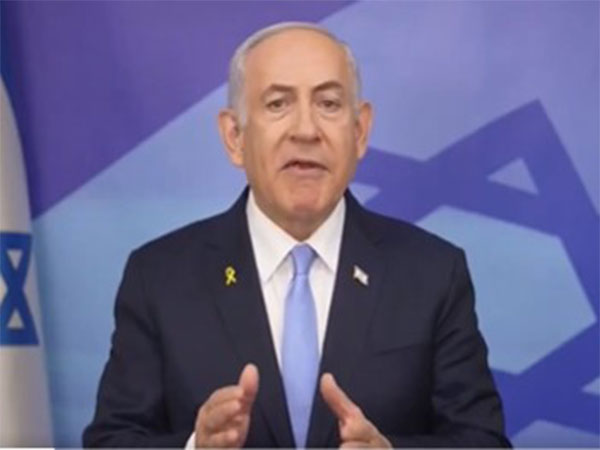European Dilemma: Navigating ICC Warrants for Netanyahu
The International Criminal Court issued warrants for Israel's Benjamin Netanyahu over alleged Gaza war crimes. Diverging European reactions highlight a diplomatic challenge, with some nations threatening detention and others offering protection. Hungary's Orban invited Netanyahu, while countries like Germany and France remain non-committal on enforcing ICC rulings.

The International Criminal Court on Thursday issued arrest warrants for Israeli Prime Minister Benjamin Netanyahu, his former defense chief Yoav Gallant, and Hamas leader Ibrahim Al-Masri, citing alleged war crimes in the Gaza conflict. The move has triggered a mix of reactions across Europe.
Hungary's Prime Minister Viktor Orban extended an invitation to Netanyahu, assuring him of safety from the ICC's ruling, a stance that underscores Orban's contentious rapport with the EU and his closeness to Israel. Other European nations, however, pledged adherence to ICC mandates, with Germany and France yet to clarify their positions.
Contrasting responses highlight the tensions between adhering to international law versus political alliances. The ICC lacks enforcement power, relying on member states to act on its rulings, which has led to varied interpretations and diplomatic predicaments across the continent.
(With inputs from agencies.)
ALSO READ
Escalating Tensions: Israel-Syria Border Faces Strain Amid Rebel Advances
Tensions Rise: Israeli Military Issues Safety Warning in Syria
Israeli Forces Take Control of Golan Heights Buffer Zone
Prime Minister Netanyahu says Israeli forces have seized a buffer zone in the Golan Heights following Syrian unrest, reports AP.
Israel's Balancing Act Amidst Syria's Historic Shift










